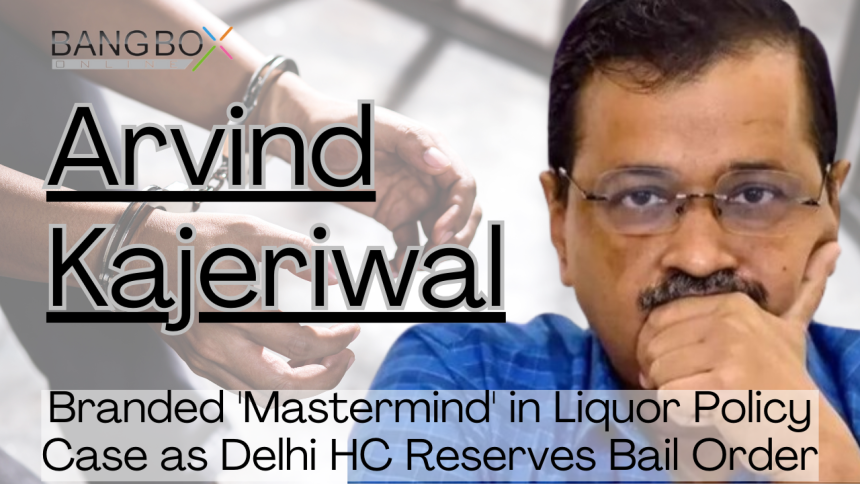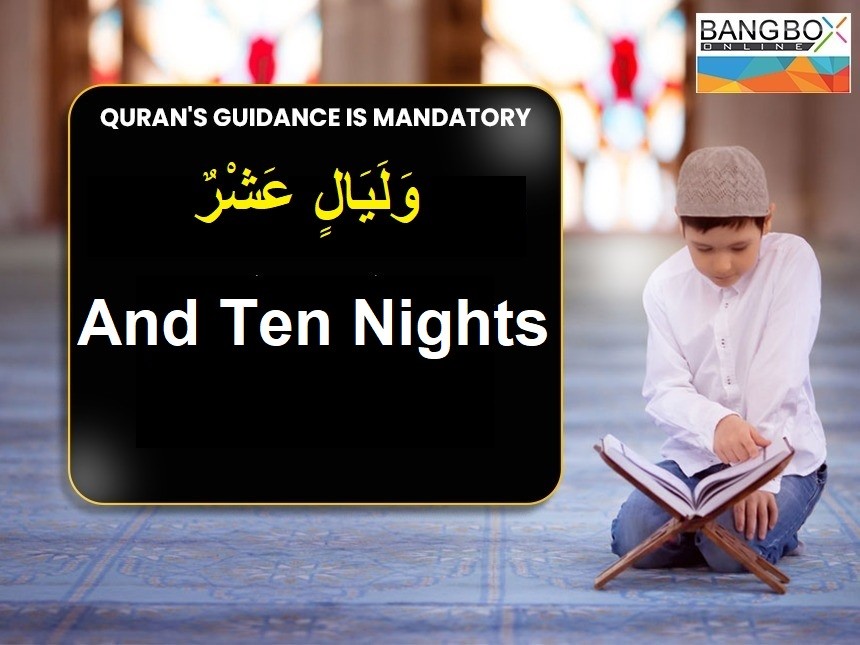
Kejriwal Branded 'Mastermind' in Liquor Policy Case as Delhi HC Reserves Bail Order
The Central Bureau of Investigation (CBI) has stepped up the degree of accusations held against Delhi Chief Minister Arvind Kejriwal to calling him the “sutradhaar” or the person who masterminded the liquor policy scam. The agency further said that Kejriwal’s arrest was vital for the agency’s probe into the scandal in which he was depicted as a major player.
High Court Reserves Bail Order
By now, the Delhi High Court has retained its judgement on Kejriwal’s bail application where a disputative legal struggle came into existence. During the hearing, CBI counsel DP Singh highlighted to the court that charges have been filed in this case, but the nature and seriousness of the allegations rule out any chance of bail. The CBI’s perspective was premised on what they state is hard ‘proof’ that puts Kejriwal in the middle of the alleged anomalies.
Defense Claims the Absence of Direct Evidence
CBI had opposed Kejriwal’s bail arguing that the evidence against him was direct, but senior advocate Abhishek Manu Singhvi said there was no direct evidence against his client. According to Singhvi, the main evidence being presented was hearsay; he also questioned why the CBI has singled out Kejriwal of which so many players have been involved in the policy making process like the Lieutenant Governor and many bureaucrats.
Scathing Revelations in Charge Sheet
Yet another twist in the saga that appears to be deepening the problem for Kejriwal was an indication that came after the CBI filed a final chargesheet before the Rouse Avenue Court in which more charges were disclosed. It also mentioned the graft charges involving an amount of Rs 90-100 crore allegedly paid to AAP leaders in kickbacks. It also mentioned a certain TDP MP had written a letter to Kejriwal, and that during and COVID-19 lockdown, the policy was implemented when people from the ‘South Group’ flew chartered flights to Delhi for meetings.
Singhvi's Defense Strategy
The defense that Singhvi had taken was based on the complication of the policy-making process so as to explain its implementation. He further explained that the policy was approved and recommended by nine inter ministerial committees comprising of many officials, the Lieutenant Governor inclusive. According to Singhvi the above checks and balances have dealt a blow to the CBI’s assertion that Kejriwal acted solo.
Publicity Funds and Political Critique
The defense questioned also on issue of getting involve into corruption charges like irregularities in utilization of public funds such as Rs 4 crore of alleged spent AAP on publicity. Singhvi has given a figure of Rs 10 lakhs and asked why this amount was not compared to much bigger expenses of the ruling party.
Awaiting the Court's Decision
The bail plea of Kejriwal is still likewise very questionable, as the leaders and parties that stand under its consideration of the Delhi High Court proceeds with the arguments. The ruling is not going to impact Kejriwal and his legal troubles directly; however, it may have reverberations for the people of India’s politics. The case remains a subject of national interest, and its conclusion will not only determine the future of the Aam Aadmi Party and its leadership but also shape the opinions of the electorate.
The court has to handle high profile political cases and this bail application is going to set a precedent to the kind of bail application that would be entertained in future by Indian courts and therefore, people are waiting with bated breath for the decision of the court in this regard. The main focus of the entire nation is on the judiciary as it handles the case which is at the same time considered to be very sensitive and challenging.

What’s the most important aspect of dental care for you: affordability...
Smile Again Dental Clinic stands out among the best dental providers in Mumbai. Renowned f...


